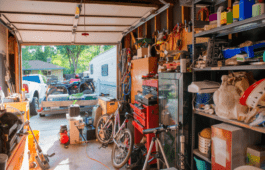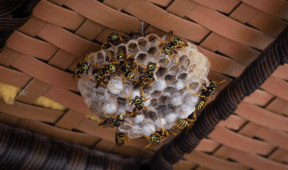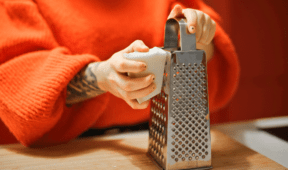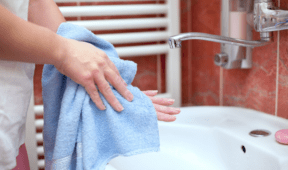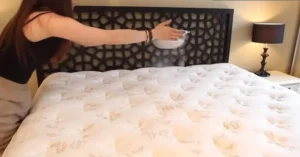9 Cleaning Mistakes That Pros Say Make Your Home Dirtier
Keeping a home clean feels like a straightforward goal, but even with the best intentions, certain habits can actually make spaces dirtier instead of cleaner. Professional cleaners often notice the same mistakes again and again, and they're easy to overlook when you’re busy. By spotting and correcting these slip-ups, your efforts go further, your home stays fresher, and cleaning becomes less frustrating.
1. Using the Same Rag Everywhere
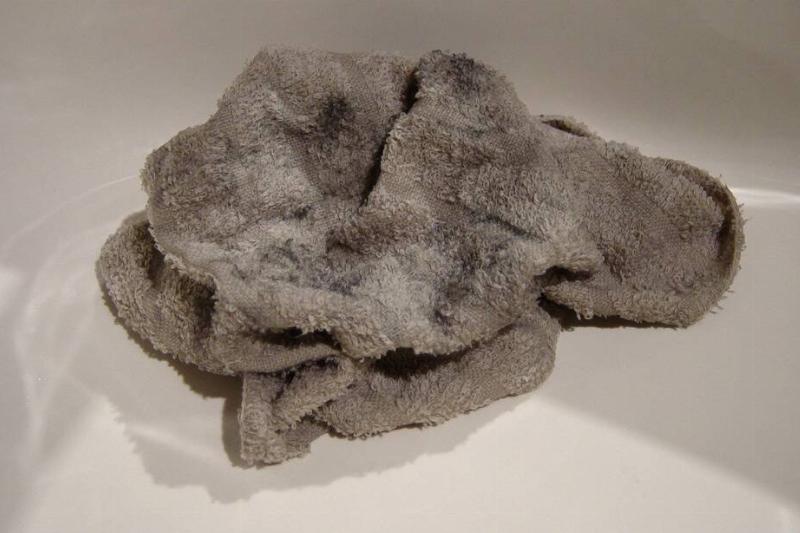
One rag should not clean the whole house. Wiping down the bathroom with one cloth and then moving on to the kitchen with the same one only spreads germs. Even rinsing between rooms doesn't fully solve the problem because bacteria cling to fabric fibers. Thankfully, the fix is simple, just keep separate rags for different rooms and wash them often. Color coding helps too, so you never confuse a kitchen towel with one used on the toilet.
2. Spraying Cleaner Directly on Surfaces
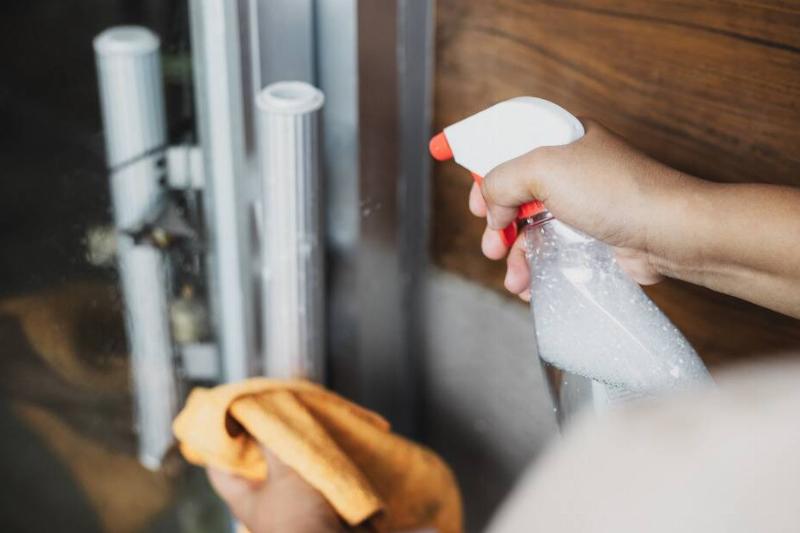
Spraying cleaners directly on furniture, glass, or counters can leave residue and even damage finishes. Too much product also attracts dust faster. Instead, spray onto a cloth first and then wipe. This gives more control, helps avoid streaks, and ensures you're not oversaturating the surface. It'll stop the unnecessary buildup and the cloudy stains that can come with it.
3. Forgetting to Wash the Vacuum Filter
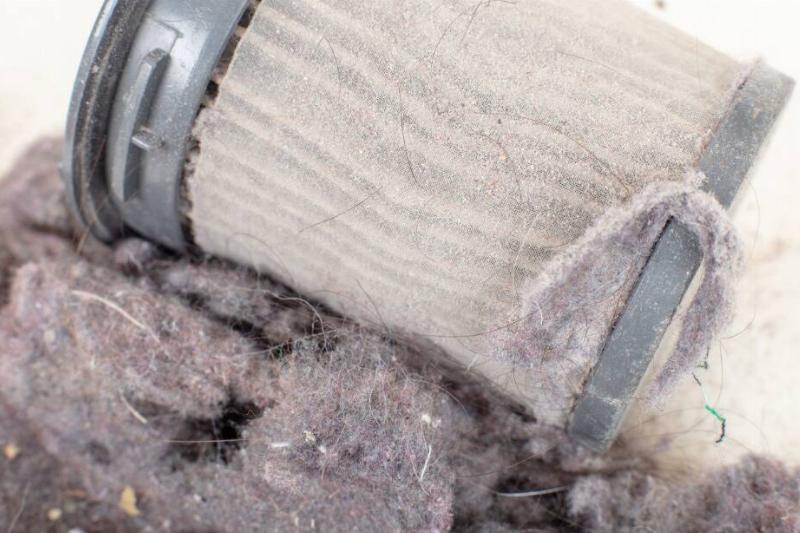
A vacuum is only as good as its filter. A clogged or dirty filter pushes dust back into the air, undoing all of your hard work. Professionals recommend rinsing or replacing filters on schedule, as often as every month, depending on how often you vacuum. Emptying the bin isn't enough either. Fresh, clean filters mean better suction, cleaner floors, and less dust floating around after you vacuum.
4. Overloading the Washing Machine
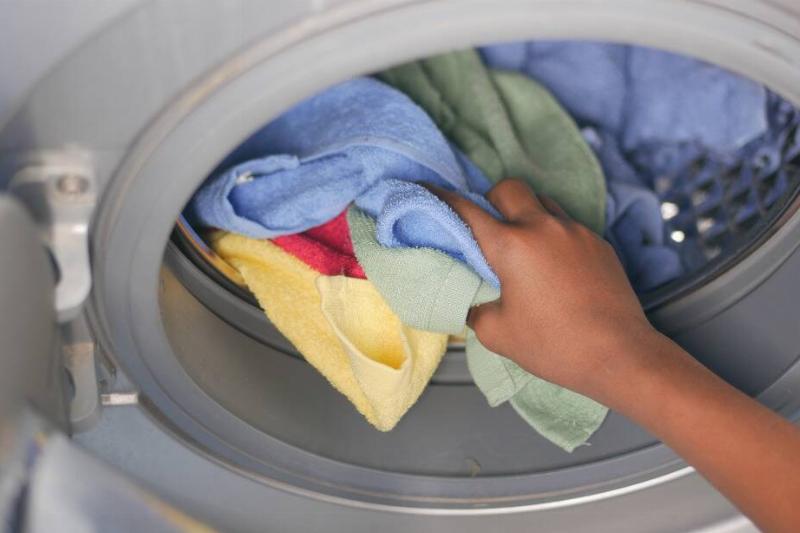
Stuffing the washer to the brim may save time, but it doesn't save cleanliness. Clothes won’t agitate properly, detergent can’t reach every piece, and dirt often redeposits on fabric as it can't be carried away well. The result is laundry that smells, feels, and sometimes looks less than clean. Following the machine’s fill line or washing smaller loads ensures your clothes actually come out clean and last longer.
5. Ignoring Handles, Knobs, and Switches
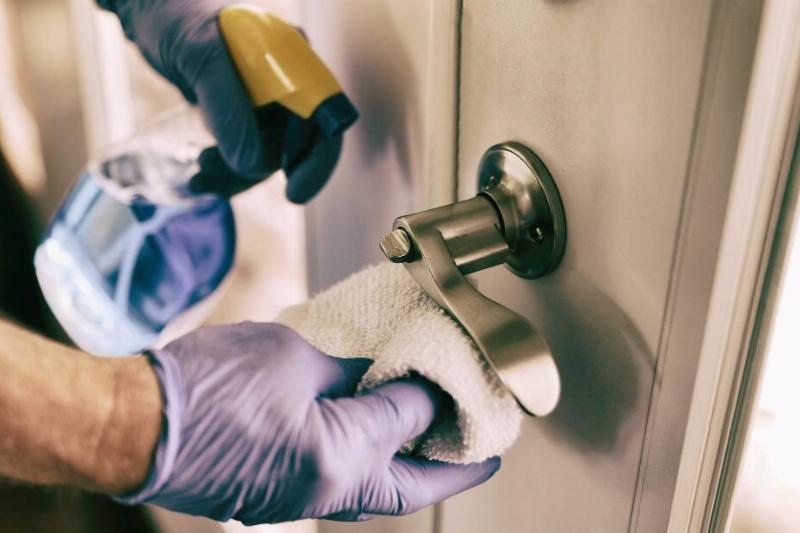
Most people focus on big surfaces like counters and floors, but it's the small touch points are where germs gather the most. Light switches, doorknobs, fridge handles, and remotes are some of the dirtiest areas in the home. Skipping them means bacteria continues to spread just as much as before you cleaned. Taking two minutes to wipe them down during regular cleaning makes a big difference.
6. Using Too Much Cleaning Product
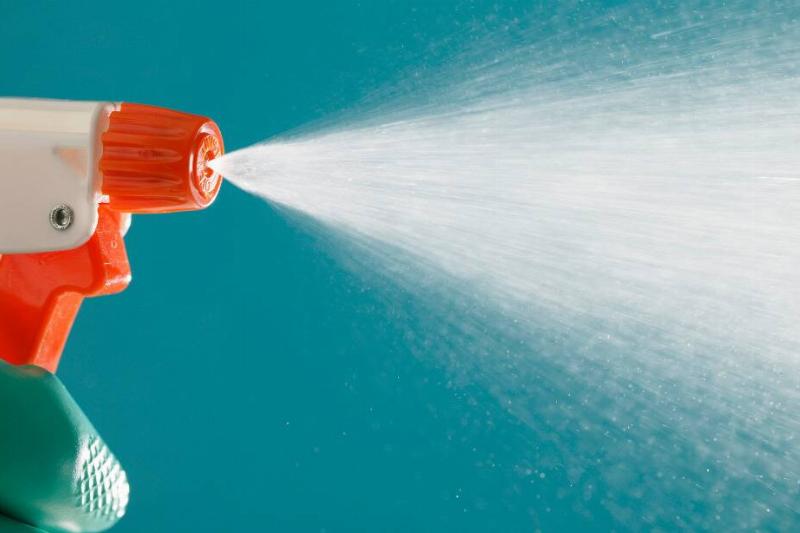
More isn't better when it comes to cleaners. Excess solution leaves behind film that traps dust and dirt, making surfaces look dull. It can even cause stickiness underfoot or streaks on mirrors. Follow the instructions on the label and use the recommended amount. It saves money, keeps surfaces safer, and often works better than drowning everything in chemicals.
7. Not Letting Products Sit
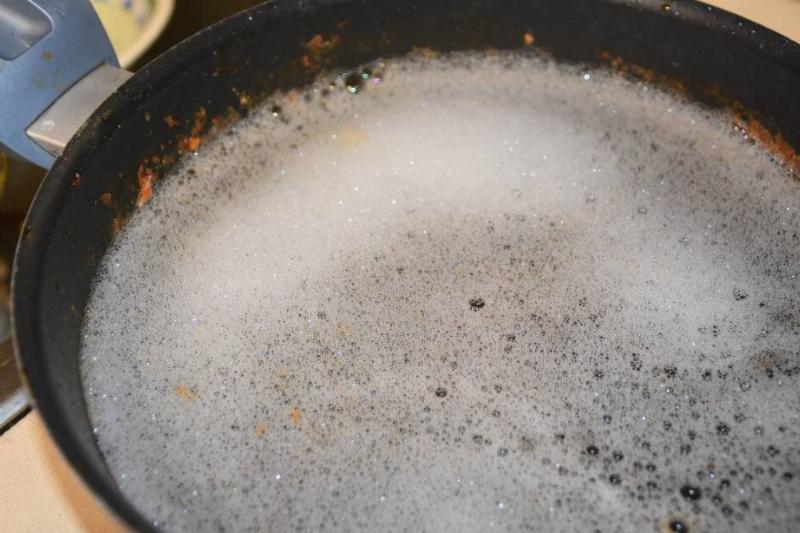
Spraying and immediately wiping doesn't give disinfectants time to work. Many products need at least a few minutes to kill bacteria and viruses. Ignoring this step makes the effort mostly cosmetic instead of truly sanitizing. Reading the label and letting products sit before wiping ensures they do their job. It takes some patience, but it's worth it.
8. Forgetting to Clean Tools
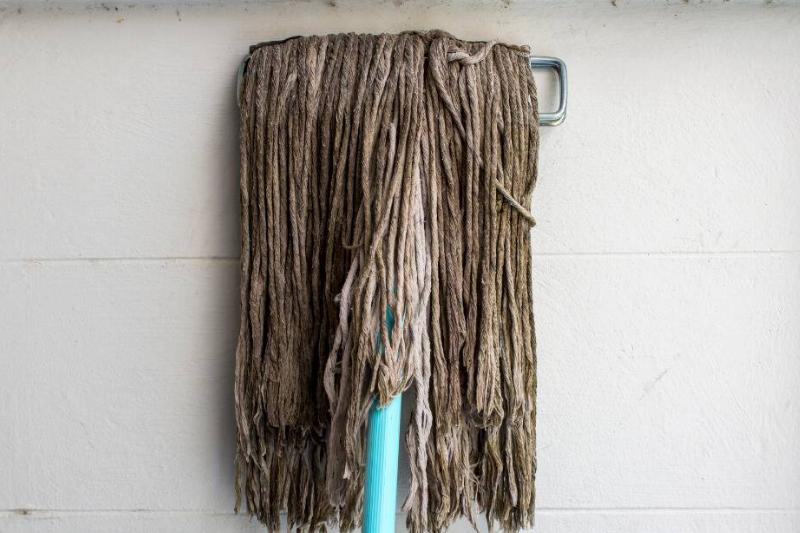
Mops, brooms, sponges, and dusters all hold onto dirt. If they're not cleaned regularly, you’re spreading grime around instead of removing it. Professionals wash mop heads after each use, disinfect sponges daily, and replace them often. Cleaning the tools might feel like extra work, but it actually saves effort in the long run by making them effective again.
9. Skipping Regular Dusting
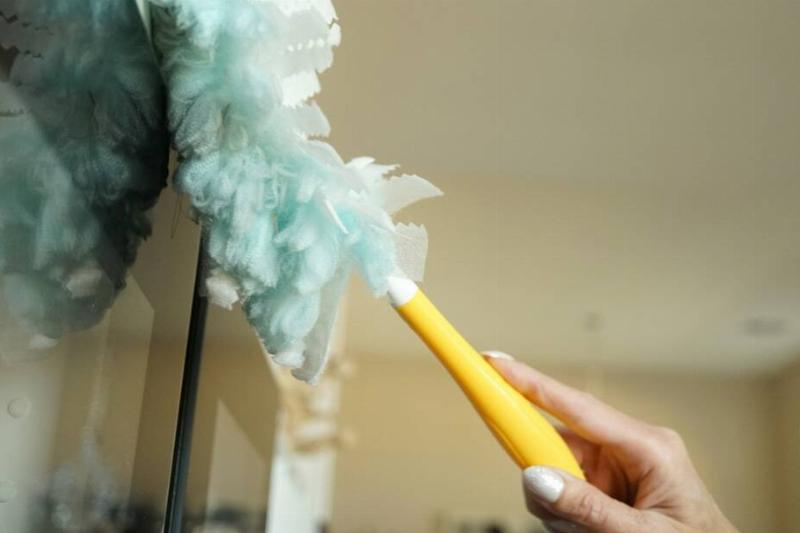
Dust isn't just unsightly, it carries allergens and bacteria. Waiting until surfaces look coated makes cleaning harder and less effective. Dust sticks more when it builds up, spreading quickly to other areas. Doing light dusting once a week keeps buildup manageable. Using a microfiber cloth or a damp duster traps particles instead of just pushing them into the air.
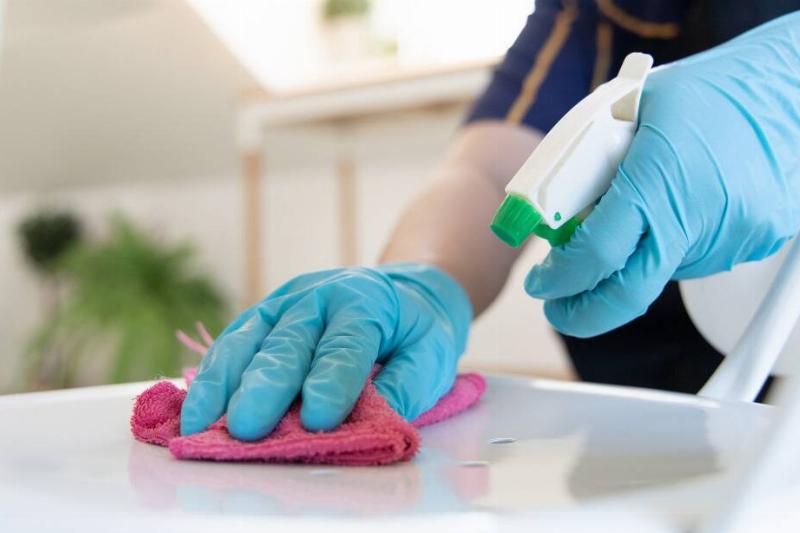
Cleaning is about strategy as much as effort. Small mistakes like using the wrong cloth, skipping touch points, or overloading machines can undo hours of work. Adjusting these habits helps every minute you spend cleaning count for more. You won't be working any harder, just smarter, so your home feels fresher, healthier, and truly clean.

